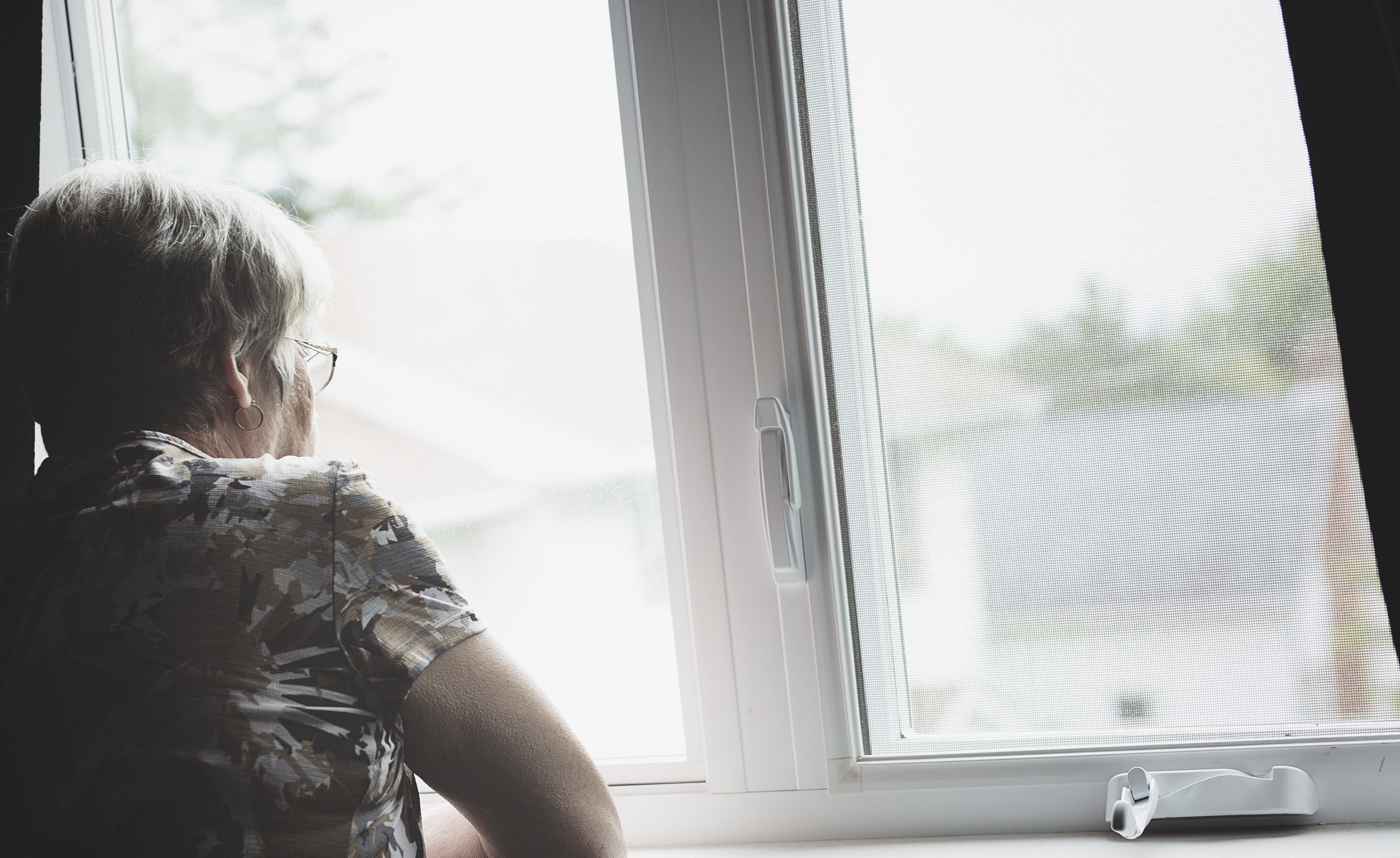
FOUR in five unpaid carers feel lonely or isolated, a new poll suggests.
A survey of more than 7,000 carers across the UK found that 81% have felt lonely or socially isolated as a result of their caring role, according to a new report from the charity Carers UK.
This rises to 86% for those who provide care for 50 hours or more each week.
Almost nine in 10 carers under 24 (89%) said they feel isolated because of their caring responsibilities.
The poll also found that a third of carers said they had felt lonely or isolated because of not being comfortable talking about caring with their friends.
Others described a lack of time or money to socialise and the difficulty of leaving the house due to caring commitments.
The findings have been released as part of the work Carers UK is conducting with the Jo Cox Commission on Loneliness.
The Commission aims to “start a conversation” about loneliness and encourages the public to combat the “silent epidemic”.
“Loneliness is a powerful, sometimes overwhelming, emotion which all-too-many carers experience in silence,” said Carers UK chief executive Helena Herklots.
“Caring touches all our lives yet society and public services often fail to grasp how isolating looking after a loved one can be.
“Caring for someone is one of the most important things we do but without support to have a life outside caring, it can be incredibly lonely worsened by financial pressures, poor understanding from friends and colleagues, and a lack of regular breaks.”
Seema Kennedy MP and Rachel Reeves MP, who co-chair the Jo Cox Commission on Loneliness, said in a joint statement: “There is no ‘quick fix’ to all the challenges of caring for a loved one but we can all tackle the lack of understanding that can make carers and their families feel alone.
“Jo Cox strongly believed that ‘we have far more in common than that which divides us’.
“We know the power that the right conversation can have – whether at work, with a friend, with your GP, or with a stranger in a supermarket queue.
“Working together – individuals, government and as a society – we can reduce loneliness, one conversation at a time.”

Enjoy the convenience of having The Sunday Post delivered as a digital ePaper straight to your smartphone, tablet or computer.
Subscribe for only £5.49 a month and enjoy all the benefits of the printed paper as a digital replica.
Subscribe